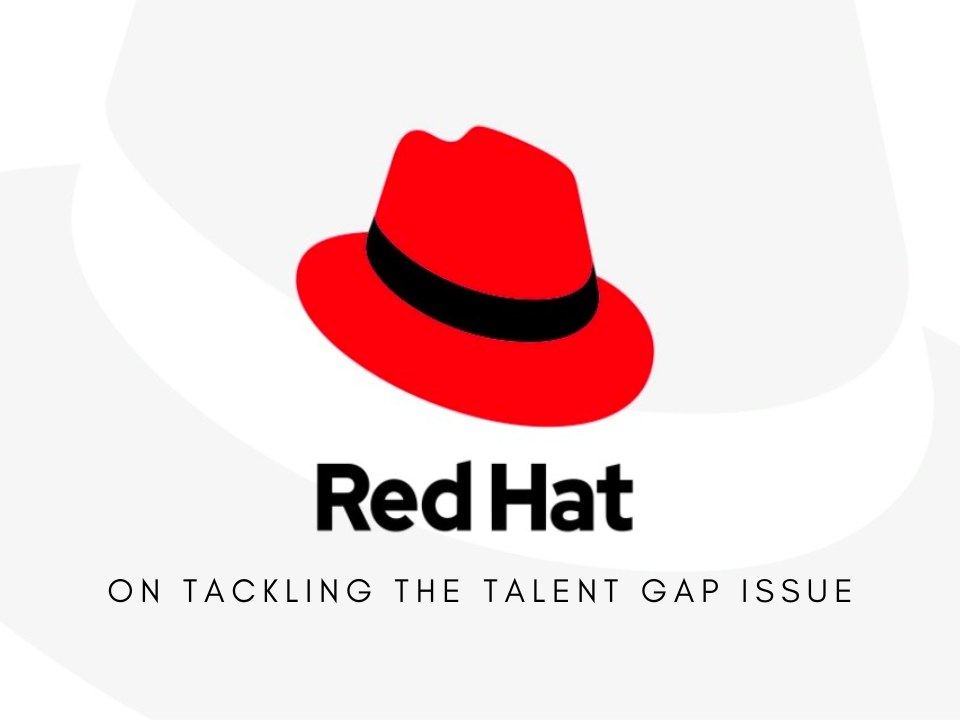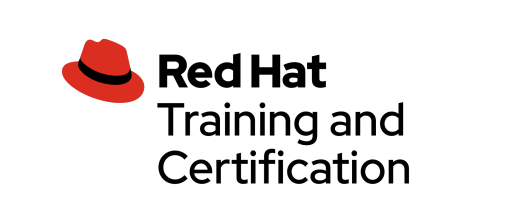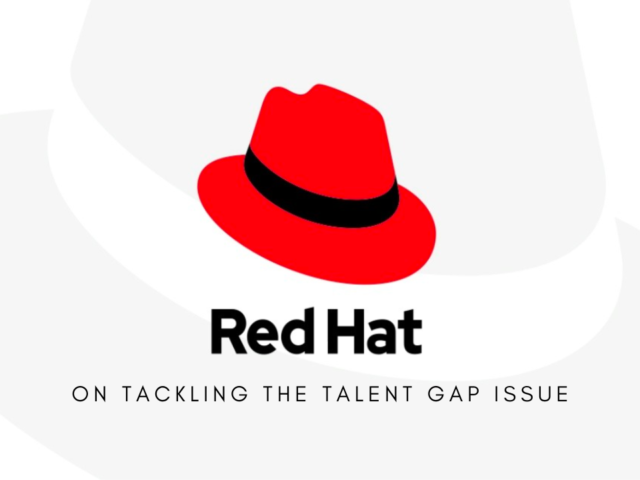
Meet Red Hat Malaysia, the driving force behind innovation and transformation in the tech landscape. As the local arm of Red Hat Inc., a global powerhouse in open-source solutions, Red Hat Malaysia isn’t just providing software. It is empowering businesses across the nation to leap into the future.
In our engaging exchange with Red Hat Malaysia, they’ve shared valuable insights poised to revolutionize Malaysian industries. Join us as we spill the beans, because here, we believe in open doors, not gatekeeping.
In A Nutshell
Red Hat Malaysia isn’t just a company; it’s a catalyst for change. Let’s see how they put on their ‘red hat’ in tackling the emerging issue in Malaysia: Talent Gap.
Malaysia’s Talent Terrain
In 2023, Malaysia aimed to become a digital hub in the ASEAN region, attracting major tech investments. This presents an opportunity to enhance the nation’s talent landscape.
However, despite progress in digitalisation, there’s a talent gap that needs addressing to boost digital competitiveness. Initiatives like the National Technology and Innovation Sandbox and the Digital Skills Training Directory demonstrate efforts to equip Malaysians with essential digital skills.
They believe that in order to tackle this issue, collaboration between public and private sectors is vital to accelerate workforce digitalisation. Red Hat contributes through open-source technologies, fostering rapid collaboration among developers and enthusiasts to address real-world challenges.
Red Hat On Talent Availability & Quality

When I speak to my partners and others in the tech community, there’s a clear demand for candidates and talent who understand the fundamentals of how open source works, and equally important are the open ways of working that come with being an open source practitioner.
Tammy Tan, Country Manager Of Red Hat Malaysia
Open source technology, grounded in principles of freedom, accountability, and transparency, thrives in today’s fast-paced world. It offers businesses the agility to seize opportunities and explore novel business models.
She also shares her empowering, personal take on this, which we think is worth highlighting:
… As I am a female Engineering graduate and I know firsthand how important it is to have good mentorship and access to opportunities, which can help accelerate your learning in the field.
Proficiency in open source not only fosters efficiency but also expands innovation bandwidth within organisations.
Red Hat Takes Matters Into Their Hands
When it comes to up-skilling and re-skilling efforts in Malaysia’s tech industry, Red Hat Malaysia has some valuable insights on how organisations can contribute to this matter. They are:
- Align efforts and resources to tackle talent gap issue
- Focus on cultivating continuous learning with sponsored learning and development programs across technical and soft skills
What Is Up Their Sleeves?
Let’s talk about their fair share of contribution in tackling this issue.

Image via Red Hat Learning Community
In today’s digital realm, Red Hat doesn’t just adapt; they lead. With programs like Red Hat Training and Certification, they are arming teams with the skills to thrive. But that’s just the start.
Open source isn’t just a buzzword; it’s a game-changer. By fostering collaboration and knowledge-sharing, open source communities drive real-world solutions. Yet, awareness of these methodologies still lags.
That is where Red Hat steps in for Malaysia. They are not just talking about digitalization; they are making it happen. Collaborating with UniKL, they are embedding Red Hat Linux and OpenShift into curriculums, empowering students for the digital economy.
Now, look at AmBank. Through Red Hat’s Innovation Labs residency, they gained expertise in open source practices and Red Hat technologies. The result? Clearer project management, faster app development, and a culture of collaboration that slashed product defects.
Red Hat is not just providing training, but they are also building a future where innovation knows no bounds.
Shaping Tomorrow With Brilliance

Image via LinkedIn
Red Hat mentioned about the recent survey they conducted with Economist Impact in conjunction with identifying Malaysia’s technological challenges. Results show that APAC firms face growing risks on:
- Skills Shortages
- Supply Chain Disruptions
- Cybersecurity Threats
- Regulatory Complexity
Hence, in addressing the more immediate challenge of skills shortages in the technological sector, they shared that this responsibility is essential upon both the private sector and educational institutions to undertake proactive measures.
Leading by example, one of their recent achievements where they collaborated with Asia Pacific University (APU). Their multifaceted collaboration spans curriculum benchmarking, internships, industry talks, and joint certification to foster open source skills development. This partnership marks the beginning of their commitment to nurturing Malaysia’s talent pool.
Red Hat envisions a future where infrastructure development accelerates, a highly skilled workforce drives innovation and competitiveness, and the digital divide diminishes. Through active engagement in Public-Private Partnerships (PPPs), they catalyse Malaysia’s digital transformation, paving the way for a prosperous future for all. Together, with collaborative efforts, this vision can be turned into reality, ensuring that no one is left behind in the digital age.










